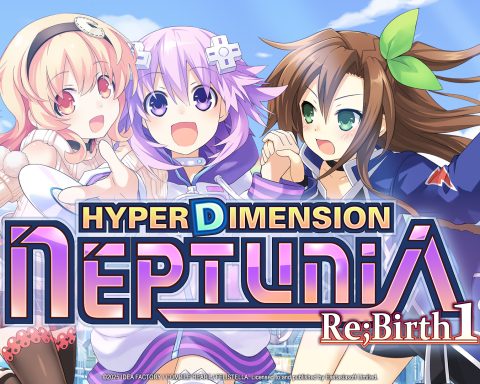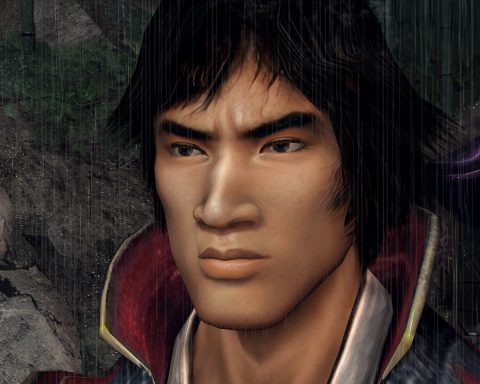 News by Matt S.
News by Matt S.
What we discovered last night: the Australian government has decided that it has no interest in funding game development any longer.
It has emerged that the government did this without bothering to engage with the games industry first. Because, to be sarcastic, what could a game developer possibly be able to educate a man of such fine stature and integrity as George Brandis or Joe Hockey about when it comes to the opportunities and value of game development?
If Hockey or Brandis had bothered to talk to game developers before closing the lid on a major funding opportunity for them, they might have discovered a couple of things that might have made them change their mind. The politicians would have discovered that the games industry creates skilled individuals in software development, and these are skills we want to keep in our country as Australia transitions from a manufacturer and a mining nation into a higher skill-based one. Game development contributes significantly to the export wealth of Australia (games developed in Australia attract as much as 90 per cent of their revenue from overseas), and so directly grows our economy with an influx of foreign money. Game development contributes to the cultural fabric of our nation, as any other art form does.
The government’s own rhetoric of building up the economy so businesses can stand on their own two feet would have benefited from leaving that $10 million in investment in the games industry. As Nnooo Marketing Director, Bruce Thompson, said; “this investment was expected to be repaid many times over through the creation of highly skilled jobs, development of home-grown intellectual property, the retention of experienced talent and the generation of valuable export income.”
The problem was that this kind of investment needed to be a long term vision, Thompson added. “The return from the Interactive Games Fund was not immediate. It takes time to rebuild a creative industry, and this time is beyond the government’s short-term focus,” he said.
“So they’ve traded a short term financial gain for long term growth in a creative industry which generates more income globally than the film industry.”
So how will the industry hold up from now?
As a direct consequence of the government’s decision, Australia’s games industry will find itself back where it was just after the GFC; the majority of the talent will be working overseas, and limited opportunities at major studios means that young developers will struggle to get critical hands-on time working on commercial projects. In an industry where job security is scarce, unemployment will drive more people to either leave the industry, or alternatively the country.
But Right Pedal Studios Team Manager, John Passfield, sees a silver lining. “The Australian games industry has gone through a lot over the last couple of decades but we’re a resilient mob so we will survive and we will thrive.” he said.
“We’ve had a number of big local successes over time that have resulted in folks gaining a good amount of money and experience – so perhaps now is the time to step up and create some non-government funds for indie game developers.”
Currently, support for developers is hard to come by in Australia. But Nnooo, and Surprise Attack in Melbourne are offering young and independent game developers support by publishing their work for them – offering crucial marketing and technical support that microdevelopers often lack.
And Right Pedal Studios is offering money. Based in Brisbane, the organisation offers an incubator program that helps young developers access finance and expert advice to get their games made.
There are other, similar opportunities out there for indies that look hard enough, Passfield said. “In the US the Indie Fund (http://indie-fund.com/) was established by successful North American game developers and they’ve helped fund local games like Framed by Loveshack and Antichamber by Alexander Bruce.”
“Sure, the budget cut is a kick in the guts, but we have the local resources to turn it around. Right now, the barrier to entry to making games has never been lower and the access to amazing mentors has never been greater. If the folks who’ve done extremely well want to invest a little in to some independent funds then we could see some amazing stuff. And it doesn’t have to be cash, it could be time and experience. Morgan Jaffit and Dan Vogt are two folks I know personally who are already doing this to great effect. So let’s make the most of these resources and grow our industry.”
Ultimately, because the games development industry is so small in Australia, the game development community is a close knit one, and they do try to help one another out. There needs to be more organisation, and more formalised ways to help generate new skills and help new talent get their start in the industry, and the removal of government funding is going to make it that much harder to develop the skills for Australian game developers to be competitive. And we badly – badly – need genuine funding opportunities that are readily available and organised just as Screen Australia had offered, but if the experienced game developers still left in the country are able to advocate for it in a more cohesive, public, manner and find ways to work together towards its maturity, the recovery path that the previous Government’s funding had set the country on can still maintain its positive momentum.
At least, until we can vote this mob out and get some government support back in (you’ll need to be Australian to realise the pun I’ve put there).
– Matt S.
Editor-in-Chief
Find me on Twitter: @digitallydownld






